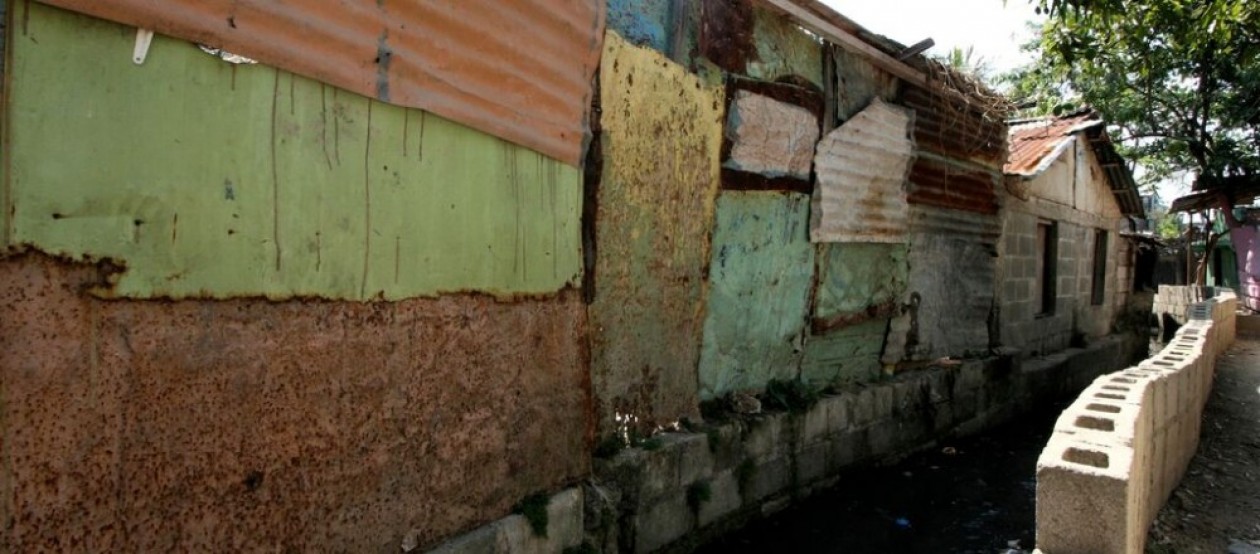Welcome to the Cañada Project, an initiative of the Graduate Program in Community and Regional Planning at the University of Texas School of Architecture exploring international development planning and urban vulnerability in the Dominican Republic.
Professors and students from the University of Texas have been working with residents of an informal settlement named Los Platanitos since 2008. This website showcases the work of residents, local partners and students as they collaborate to address concerns of urban infrastructure improvement and community development.
The book, Métodos de Investigación Participativa para
Comunidades Informales (UNPHU 2021), synthesizes lessons from the 12 years of collaborative work with residents in Los Platanitos.
See a video showcasing the initial work of the ongoing initiative here.
This documentary was created in 2018 to celebrate the 10th anniversary of the community-based project in Los Platanitos.
The Cañada Initiative has been recognized by the My Community, Our Earth (MyCOE) program of the Association of American Geographers and has been exhibited at the Rio+20: United Nations Conference on Sustainable Development in Rio de Janeiro, June 20-22, 2012. The project won the national Best Student Project Award from the American Planning Association in 2010 and again in 2015. The 2012 class was supported by an EPA P3 grant from the US Environmental Protection Agency (EPA). Since January 2015, the Cañada Initiative has received substantial support from a National Science Foundation (NSF) International Research Experience for Students (IRES) grant.
Collaborating institutions at the University of Texas at Austin include the School of Architecture, the Lozano Long Institute of Latin American Studies (LLILAS), and the Lyndon Baines Johnson School of Public Affairs.

